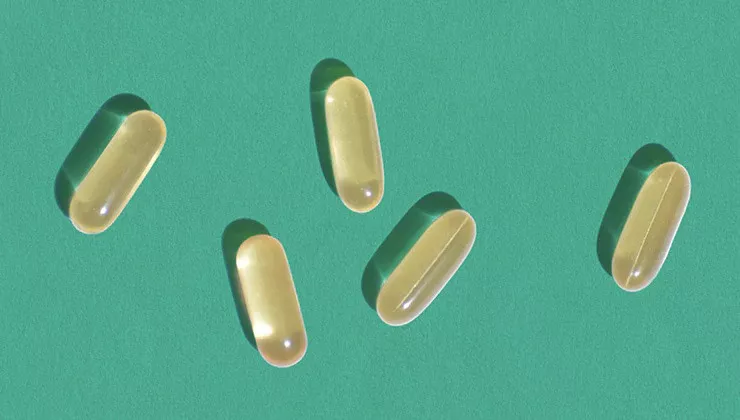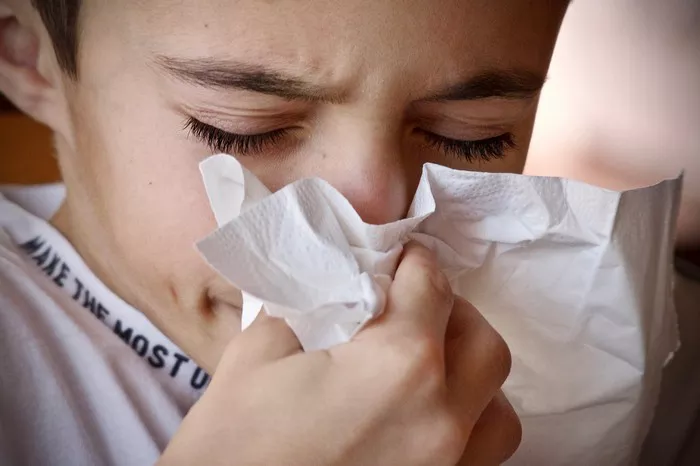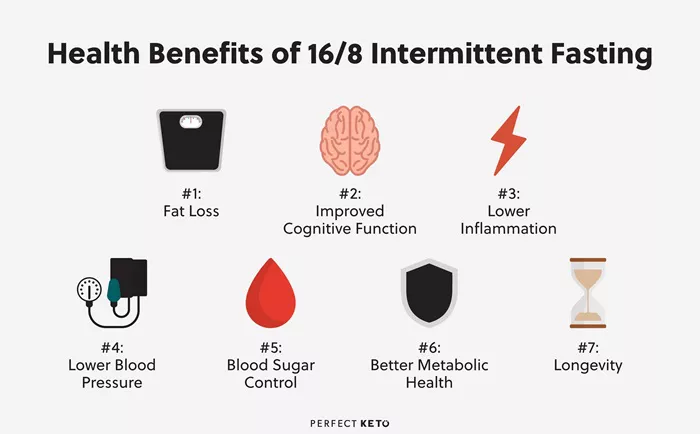The Ministry of Health has clarified that there are no plans to ban Ranitidine, despite growing concerns over the presence of NDMA impurities linked to certain cancers. Anupriya Patel, Minister of State for Health, assured the Rajya Sabha on Tuesday that while the drug’s safety is being closely monitored, no action will be taken to halt its production, distribution, or sale in the country.
Responding to questions regarding N-nitrosodimethylamine (NDMA), a potentially harmful chemical found in some batches of Ranitidine, Patel outlined the steps being taken by the Central Drugs Standard Control Organisation (CDSCO) to mitigate safety risks. These measures include rigorous testing of Ranitidine samples for NDMA and requiring manufacturers to verify the safety of their products.
The CDSCO has also instructed its zonal offices to collect and analyze samples to monitor NDMA levels in Ranitidine formulations. Additionally, the Indian Pharmacopoeia Commission has introduced a chapter on Nitrosamine Impurities in its 2022 edition, offering detailed guidelines on how to analyze such impurities and set acceptable intake limits.
While international regulatory bodies like the US Food and Drug Administration (FDA) and the European Medicines Agency (EMA) have raised concerns about the safety of Ranitidine, the government has stated that there are no immediate plans to invoke a ban under Section 26A of the Drugs and Cosmetics Act, 1940.
The Health Ministry’s announcement comes in the wake of legal actions in other countries. Recently, pharmaceutical giant GSK, the manufacturer of Ranitidine, agreed to pay up to $2.2 billion to settle lawsuits in the United States related to Zantac, a version of Ranitidine that has since been discontinued. This legal settlement addresses concerns raised by Valisure, an American pharmacy, about high levels of NDMA in Zantac, a substance known to be a carcinogen. While the drug has been banned in the US, it continues to be sold in India under names such as Aciloc, Rantac, and Zinetac.
The Health Ministry’s reassurances reflect ongoing efforts to balance patient safety with the availability of essential medications, as authorities continue to monitor and manage potential health risks.
Related Topics
Delhi Pollution: How ‘Severe’ AQI Affects Different Age Groups
Seven Reasons Why Americans Pay More for Health Care Than Any Other Nation
Alberta Health Authority Rejects $240K Proposal to Resolve Orthopedic Surgery Disruptions



































